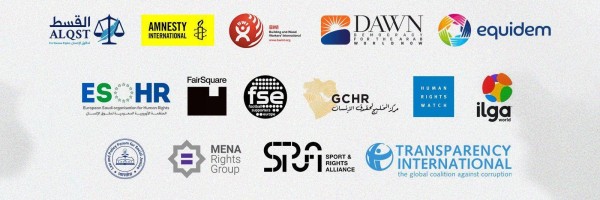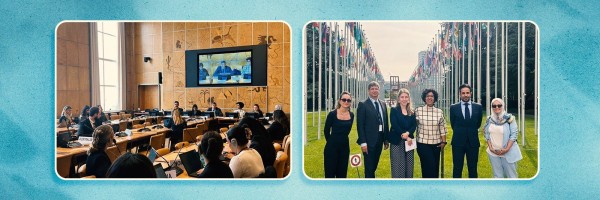We, the undersigned organisations, strongly condemn the forced labour, financial extortion and gross abuse suffered by Indian expatriate Ahmed Abdul Majeed at the hands of his Saudi employer, Seera Group. His case vividly illustrates how Saudi Arabia’s kafala (sponsorship) system facilitates grave abuse, leaving foreign workers with no legal protection against corporate and state-backed exploitation. We call on Saudi Arabia’s authorities to set up an impartial investigation into his case and ensure that he receives the money owed to him plus compensation.
Abdul Majeed arrived in Saudi Arabia in 1981 and spent 40 years working as a senior sales manager for Saudi travel agency Al Tayyar Travel. Following a notorious purge by the authorities in 2017, in which dozens of high-profile businessmen including Al Tayyar’s founder were detained at the Ritz-Carlton hotel in Riyadh, the company underwent a restructuring at the direction of the state. It was rebranded as Seera Group in April 2019 and placed under the control of Saudi Arabia’s sovereign wealth fund, the Public Investment Fund (PIF). The PIF is tightly controlled by Crown Prince Mohammed bin Salman and has been linked to serious abuses.
At the outset of the COVID-19 pandemic in March 2020, the new management abruptly terminated Abdul Majeed’s employment without giving a reason. He told his employer he wished to return to India to care for his gravely ill wife, but under the Saudi kafala system workers need their sponsor’s consent to leave the country, and his request was denied; his passport was also confiscated, leaving him trapped in Saudi Arabia.
The company then devised a scheme to force him into continuing to work without pay. From March until September 2020 he was tasked with recovering overdue client fees – work unrelated to his original role. In August, as his work visa neared expiry, the company escalated its demands and coerced him into paying the outstanding client debts himself, amounting to $100,000. Abdul Majeed was forced to sell property and other assets in India to cover the cost.
Although he eventually flew home – having had to purchase his own ticket – the wage theft and extortion placed a tremendous financial burden on him and has had serious long-term consequences for his family, on top of the emotional distress caused by a company to which he had given four decades of his life. Now living in the United States with his son, Abdul Majeed has yet to receive any reimbursement or even acknowledgement from either the company or the Saudi or Indian authorities, despite his repeated appeals.
This case reflects systemic failures in Saudi Arabia’s labour immigration framework. The kafala system, which governs the employment of most foreign workers, ties a worker’s legal status to a resident sponsor, usually the employer. This arrangement makes them vulnerable to exploitation, as it gives the employer excessive power over the employee, including their visa and residence status and ability to travel.
Since the start of Abdul Majeed’s ordeal, there have been some reforms to the Saudi labour laws, including the Labour Reform Initiative of 2021 that allows migrant workers, in certain narrow circumstances, to change jobs or leave the country without obtaining their employer’s (or sponsor’s) consent. But the impact of these reforms in practice remains unclear, with the authorities providing little information; the kafala system as a whole remains largely intact and continues to present clear opportunities for exploitation.
Abdul Majeed’s case was highlighted in an August 2024 letter from seven members of the U.S. Congress to Secretary of State Antony Blinken, which called on Gulf Cooperation Council states to address systemic labour abuses linked to the kafala system. Seera Group’s treatment of Abdul Majeed not only clearly violates international labour standards but also flouts Saudi Arabia’s own domestic law, which, however flawed, prohibits employers from unlawfully withholding wages and requires them to bear the cost of a worker’s return ticket at the end of their employment.
We the undersigned organisations, therefore call on the Saudi Arabian authorities to:
- Commission an impartial investigation into Ahmed Abdul Majeed’s case and ensure he receives all moneys owed plus compensation;
- Dismantle the kafala system, including abolishing the requirement for workers to get an exit permit to leave the country;
- Bring Saudi Arabia’s domestic labour legislation into line with international human rights standards, including the Universal Declaration of Human Rights and the right to freedom of movement;
- Ensure that companies controlled by state agencies such as the Public Investment Fund closely adhere to international and domestic labour laws and ensure the protection of migrant workers’ rights.
SIGNATORIES:
- ALQST for Human Rights
- DAWN
- Equidem
- European Saudi Organisation for Human Rights (ESOHR)
- FairSquare
- Gulf Centre for Human Rights (GCHR)




